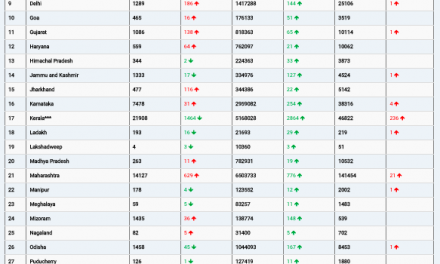In a groundbreaking discovery, researchers at Mount Sinai’s Icahn School of Medicine have uncovered a potential route to enhance antitumor immunity in cases of non-small cell lung cancer (NSCLC) by inhibiting an allergy-related pathway. The findings, detailed in the December 6 issue of Nature, suggest that combining immunotherapy with an allergy treatment called dupilumab shows promise in bolstering patients’ immune responses, resulting in significant tumor reduction.
Dr. Miriam Merad, senior study author and Director of the Marc and Jennifer Lipschultz Precision Immunology Institute, highlighted the significance of this discovery, especially in the context of current NSCLC treatment limitations. She noted that while checkpoint blockade immunotherapy has revolutionized NSCLC treatment, its efficacy is limited, with only about a third of patients responding to it, and its benefits being temporary.
The study’s focus was on leveraging single-cell technology and artificial intelligence to identify immune programs that could potentially dampen tumor immune response to checkpoint blockade therapy.
Dr. Nelson LaMarche, the study’s first author, explained that immune cells found in lung cancers exhibited characteristics associated with type 2 immune responses—typical in allergic conditions like asthma and eczema. This observation led the team to investigate the repurposing of dupilumab, an IL-4 receptor-blocking antibody used in allergic conditions, to enhance tumor responses to checkpoint blockade therapy.
Dr. Thomas Marron, co-senior author, described the study’s remarkable findings. The IL-4 blockade, when combined with checkpoint blockade therapy, demonstrated enhanced responses in both mouse models and six lung cancer patients with treatment-resistant disease. Notably, one patient witnessed a substantial decrease in lung cancer after three doses of dupilumab, with sustained control even after 17 months.
While encouraged by these preliminary results, the researchers stress the necessity for larger clinical trials to validate the drug’s efficacy in treating NSCLC. They’ve expanded their clinical trial, adding dupilumab to checkpoint blockade for a larger cohort of lung cancer patients. Additionally, efforts are underway to identify biomarkers that can predict patient responsiveness to dupilumab treatment.
Jill O’Donnell-Tormey, CEO and director of scientific affairs at the Cancer Research Institute (CRI), expressed support for the groundbreaking findings, highlighting CRI’s commitment to funding research across the discovery continuum—from lab to clinical implementation—in pursuit of transforming lives through cutting-edge technology and data-driven advancements.











